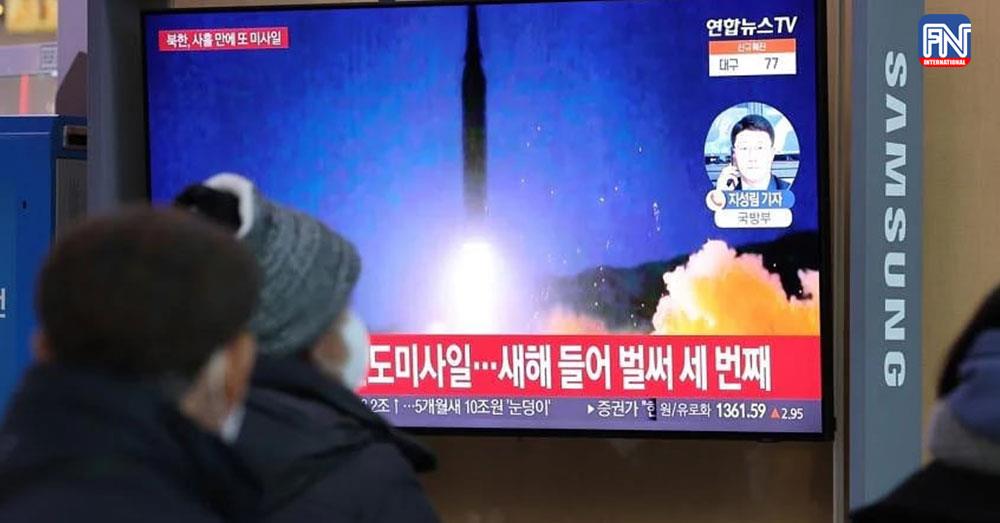WASHINGTON, Sep 16 (Reuters) - The United States and South Korea on Friday (Sep 16) denounced North Korea's first-use nuclear doctrine unveiled this month as "escalatory and destabilising" and Washington vowed to continue to deploy and exercise strategic assets to deter and respond to Pyongyang.
A joint statement after a vice ministerial-level meeting of the Extended Deterrence Strategy and Consultation Group (EDSCG), the first convening of the body since 2018, reiterated the "ironclad" US commitment to defend South Korea and said any North Korean nuclear attack would be met with an "overwhelming and decisive response".
The statement said the countries "committed to continue efforts to employ all elements of both countries' national power to strengthen the Alliance deterrence posture".
"The United States committed to strengthen coordination with the ROK to continue to deploy and exercise strategic assets in the region in a timely and effective manner to deter and respond to the DPRK and enhance regional security," it said, referring to South Korea and North Korea by the initials of their official names.
The statement referred to combined training of F-35A fighter jets in July and an upcoming deployment of the USS Ronald Reagan Carrier Strike Group in the region "as a clear demonstration of such US commitment".
It noted that the EDSCG delegation had inspected a US B-52 strategic bomber and said the two countries would look to enhance strategic readiness through improved information sharing, training, and exercises.
They also pledged to strengthen the alliance's missile response capabilities and posture.
Last week, North Korea officially enshrined the right to use preemptive nuclear strikes to protect itself in a new law that leader Kim Jong Un said makes its nuclear status "irreversible" and bars denuclearisation talks.
Observers say Pyongyang appears to be preparing to resume nuclear testing for the first time since 2017, after historic summits with then-US president Donald Trump in 2018 failed to persuade Kim to abandon his weapons development.
In their statement, the United States and South Korea reaffirmed that a resumption of nuclear testing "would be met with a strong and resolute whole-of-government response" and the two countries to "stand ready for all possible scenarios".





